My first contact with English must have occurred somewhere in kindergarden. As I was only four or five at the time, my memories are admittedly hazy. But I remember a tiny children’s book, colourful and made of cardboard, telling all the toddlers in attendance that some people refer to a Katze as ‘cat’. Not that we cared much – there were sandcastles to build and a whole world to be discovered.
Growing up in a small village in the south of Germany with both my parents native speakers of German, my overall contact with other languages was limited. The only open restaurant in town was owned by a Turkish family, so I learned the word ‘merhaba’ before even being aware of the existence of ‘hello’. So it wasn’t until primary school that I started learning English formally. At that age – I was seven in first grade – I really had priorities other than acquiring a second language. There were letters to learn, trees to climb and, unfortunately, basic maths to wrestle with.
All of this was about to change, however, at secondary. Having developed a deeply-rooted hatred of mathematics and any sort of natural science, I was already drawn to languages and the humanities, but for the time being, my relationship with English still hadn’t moved past the ‘at-least-I-can-do-this-instead-of-division’ stage. But life was about to hit me, and it was about to hit me hard. And, once again, my priorities shifted. Where before there were friends to meet and fun to be had, there was now fear to be felt and a childhood to be lost.
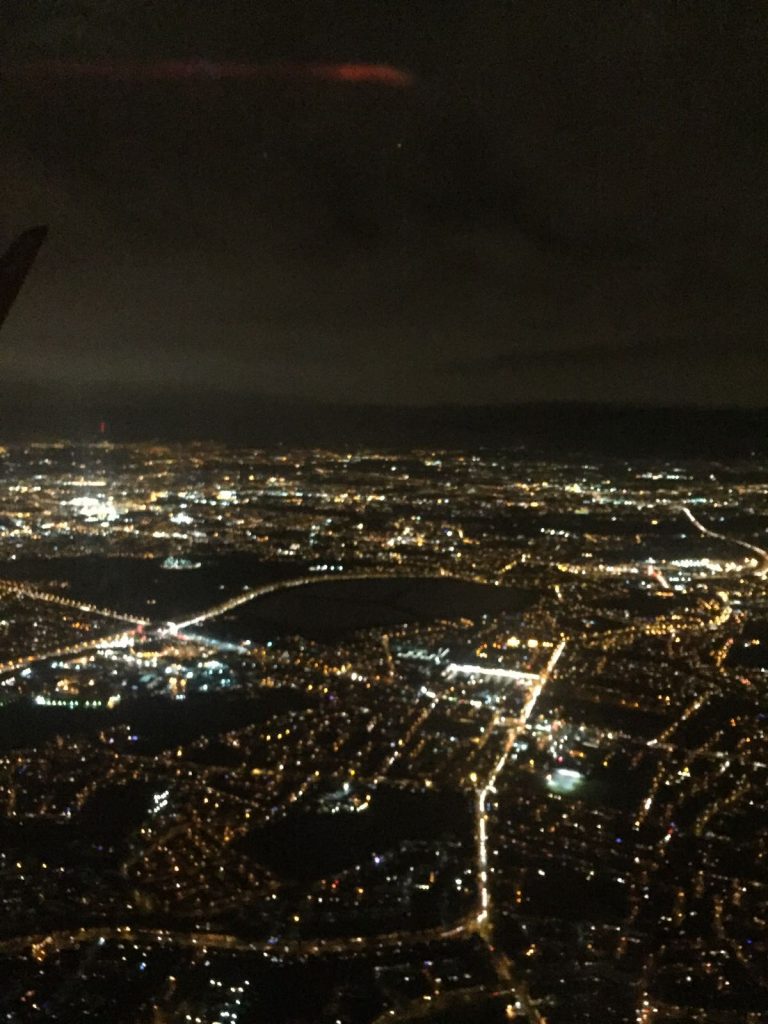
I won’t go into the details about what happened when I was twelve, as my incredibly dramatic, sad story isn’t the subject of this piece after all. The reason I’m bringing up this stage of the journey at all is its significance for my relationship with English. You see, it was at this moment when change became inevitable and I was forced to suddenly grow up and function. When the outside world became chaotic, I, god-like, chose to create a new world, a world inside my head, a world filled with obsessions and hyper focus, just enough to keep me sane. When I turned down invitations until I was simply not invited any more, when I was alone – that’s when it found me. A language that allowed me to express through writing what I could never say out loud, a language that let me run away with the Doctor, a language that would bring me the songs that, after hours of exhausting translation, would bring me the messages I needed to hear to survive. A language that opened up an online community in which I felt a little less alone, where others felt what I was feeling and where I could once again escape it all, at least for a little while.
English found me in my darkest place and carried me through it.
Author and picture: Lea Meerkamp




.JPG)
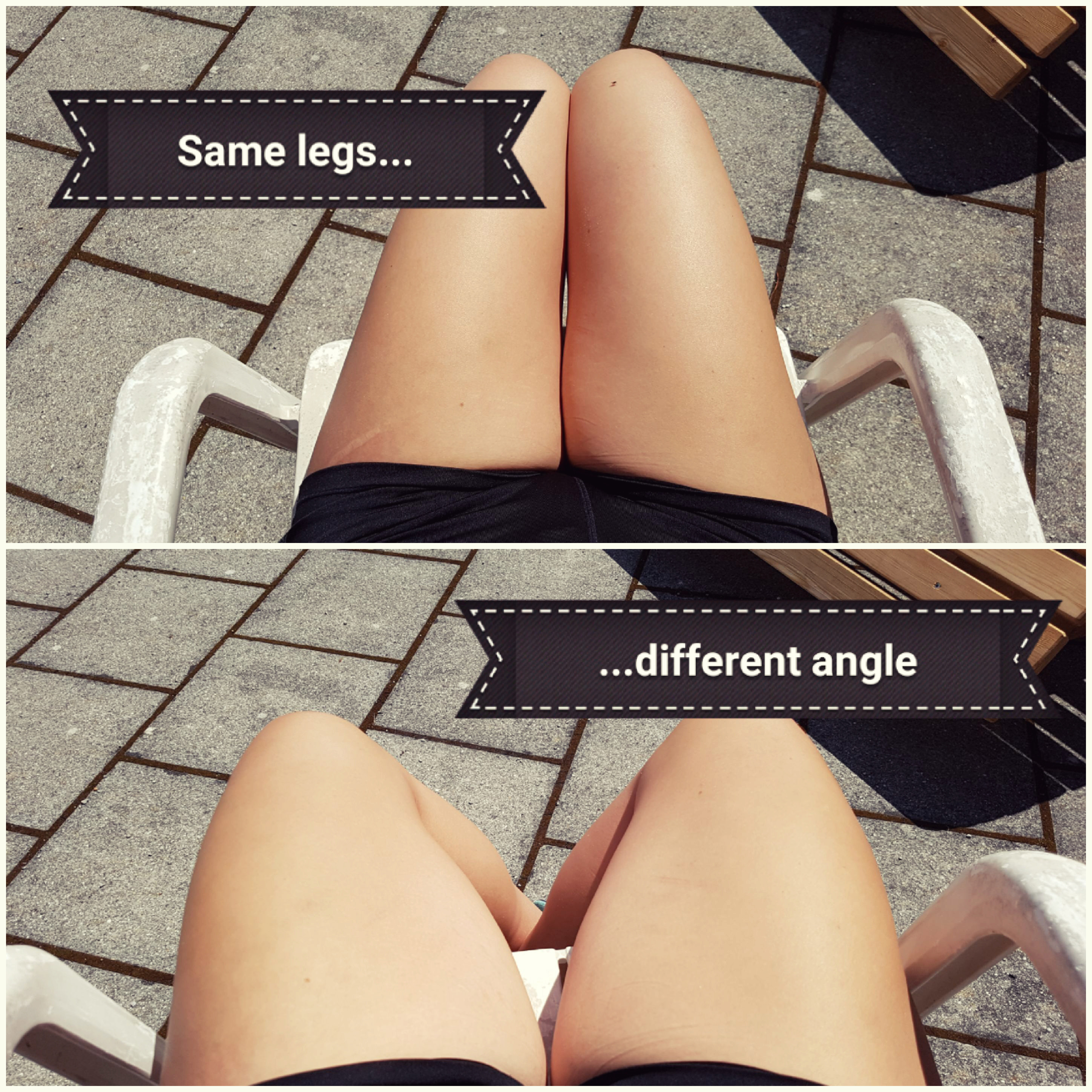

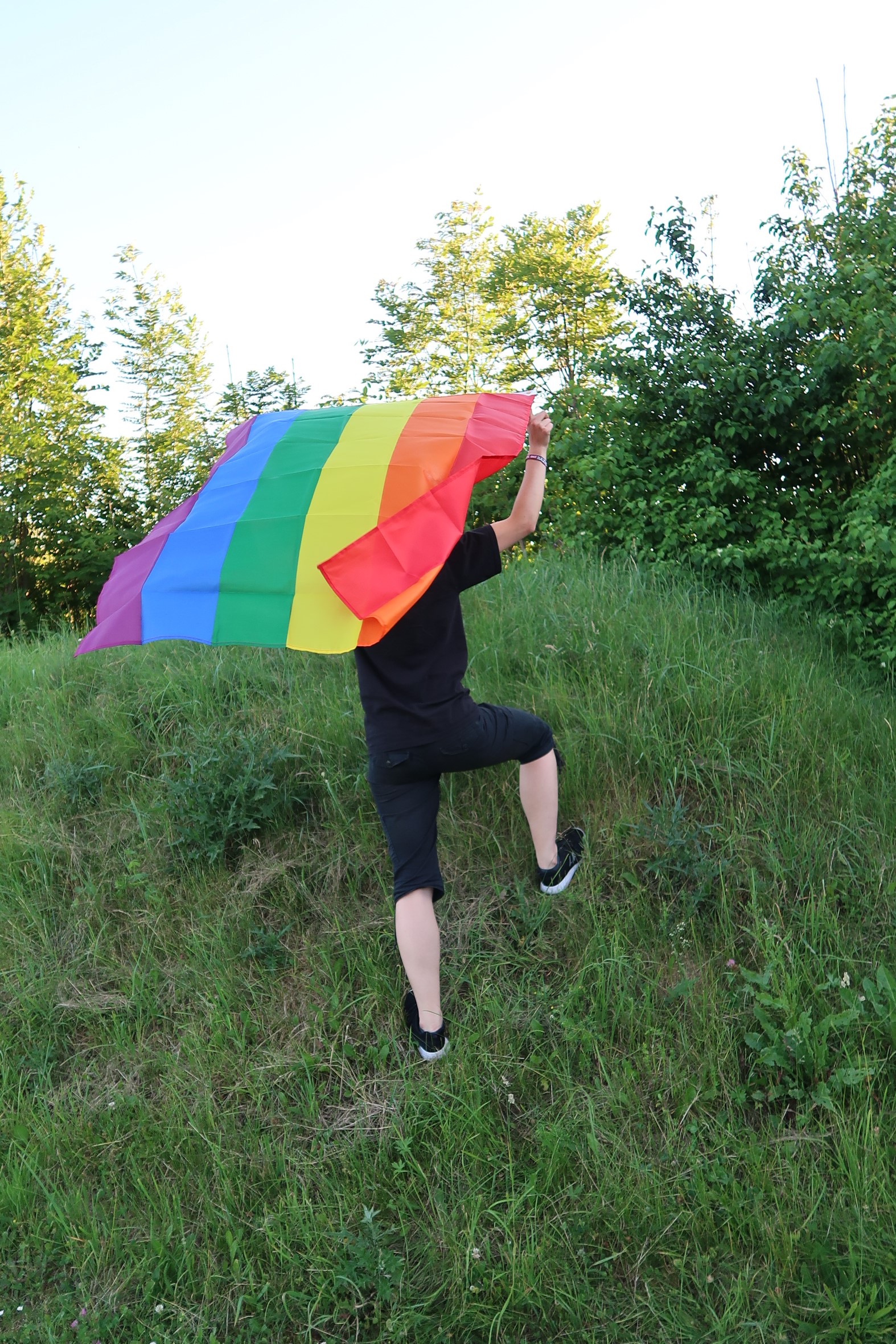
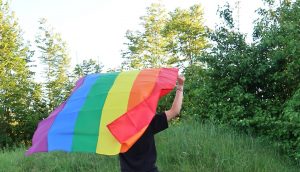
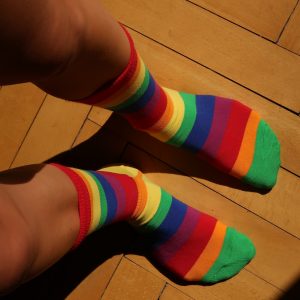


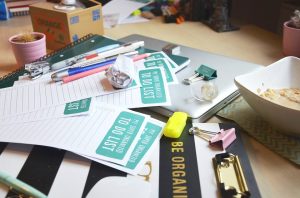

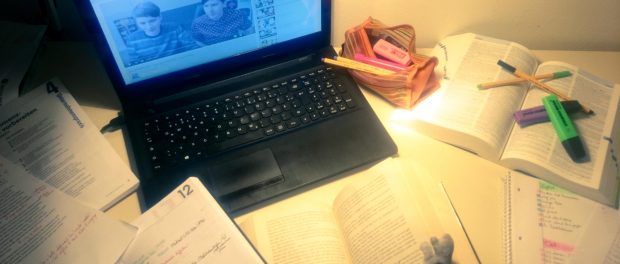
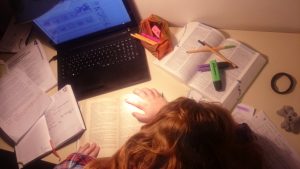 need someone to stroke our ego. We need to just forget about our problems for a little while. What better way than to treat yourself with something you know you don’t deserve. You know you want to. Just do it. Don’t be perfect for a little while. Let your monster out of its cage. Let it rage, roar, rampage and then let it go. Calm down and give it a cuddle. Put it back in its little corner. Continue on your crusade towards becoming a better version of yourself tomorrow.
need someone to stroke our ego. We need to just forget about our problems for a little while. What better way than to treat yourself with something you know you don’t deserve. You know you want to. Just do it. Don’t be perfect for a little while. Let your monster out of its cage. Let it rage, roar, rampage and then let it go. Calm down and give it a cuddle. Put it back in its little corner. Continue on your crusade towards becoming a better version of yourself tomorrow.